
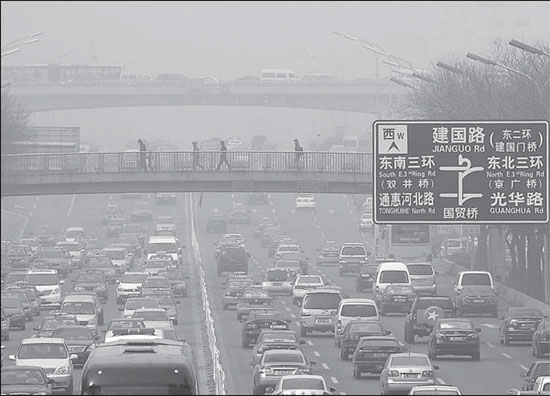 |
| Smog obscures the sky in Beijing on Thursday. Beginning on Friday, all vehicles that cannot meet the latest emissions standard will be banned from being sold in Beijing. Provided to China Daily |
Domestic automakers to face more pressure, analysts say
Stricter emissions regulations in Beijing to ease severe air pollution will add pressure to struggling domestic automakers, and push the development of new-energy vehicles, according to auto trade analysts.
The Beijing municipal government has faced complaints from the public over heavy smog due to severe air pollution that plagued the capital this winter.
It is launching the long-awaited China V emission standard on Friday, with high hopes of curbing the number of old vehicles on the road and enforcing higher emission levels for new vehicles in the city.
The new standard calls for lower nitrogen oxide, carbon monoxide and hydrocarbon emissions.
Beginning on Friday, all vehicles that cannot meet the China V standard, which is based on the Euro V standard and which replaced the China IV standard introduced in 2008, will be banned from being sold in Beijing.
Li Kunsheng, director of the Beijing Environmental Protection Bureau's department of motor vehicles, said this week the city will introduce the China VI emission standard in 2016, to ease severe pollution in the capital.
On Thursday, the concentration of PM 2.5, or airborne particles measuring 2.5 microns or less in diameter that can deeply penetrate the lungs, reached 469 micrograms per cubic meter at 10 am near Tiananmen Square, the Beijing municipal government reported.
The World Health Organization says 24-hour exposure to PM2.5 should be no higher than 25 micrograms per cubic meter.
Analysts said they believed the new measures for vehicles, in addition to the temporary closure of heavy-polluting factories, are not sufficient to end the high levels of pollution, but will help improve the upgrading of China's automobile industry, especially by posing more challenges to automakers that have been losing local market share in recent years.
Yan Jinghui, assistant general manager of the Yayuncun Automobile Trade Market, the largest in Beijing, said the new emission standard will "wash out" some of the domestic automakers in one of the biggest vehicle markets in China, as they cannot provide models to meet China V emission requirements.

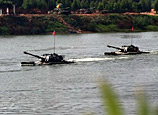
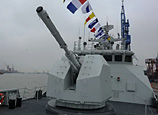

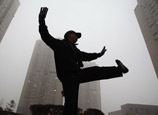
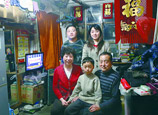


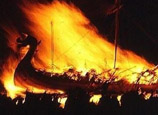
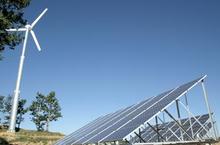
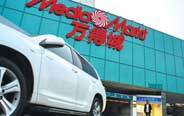








![]()
